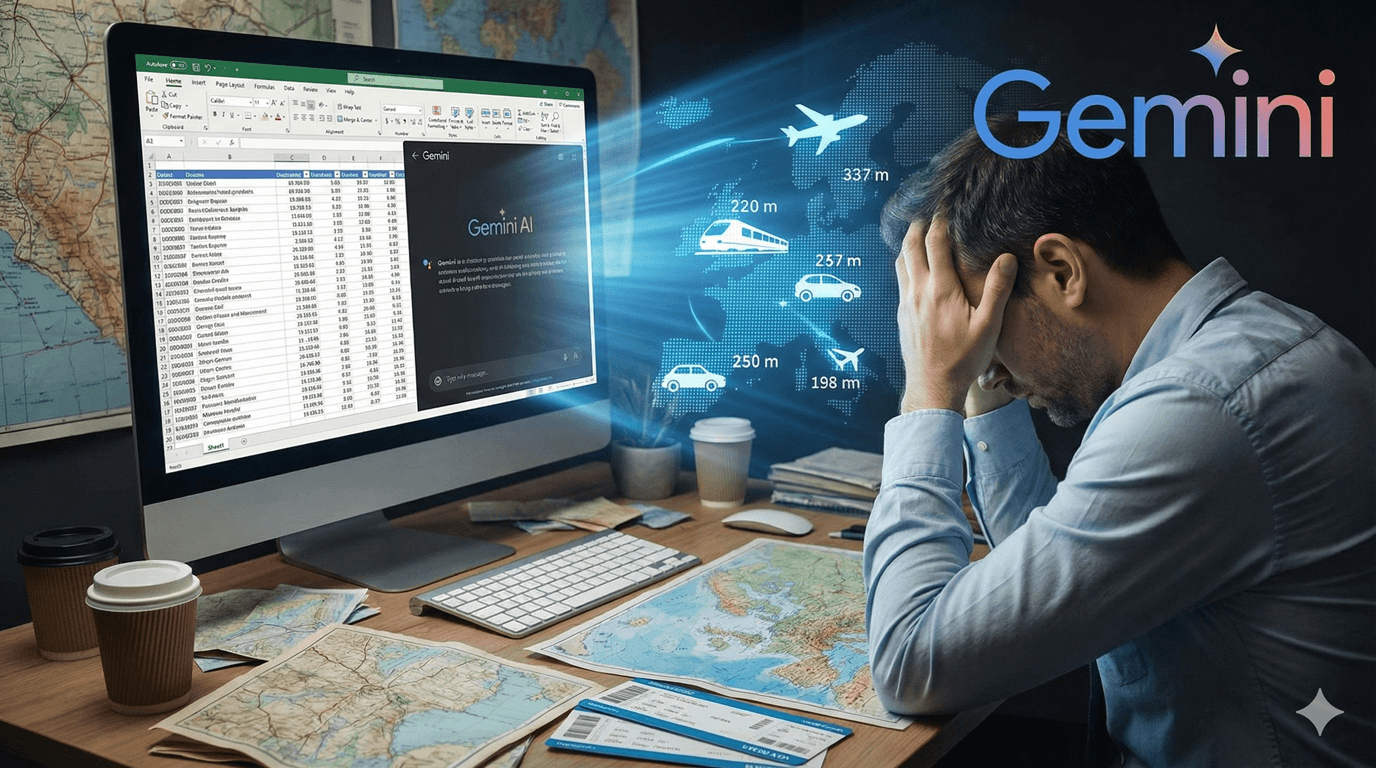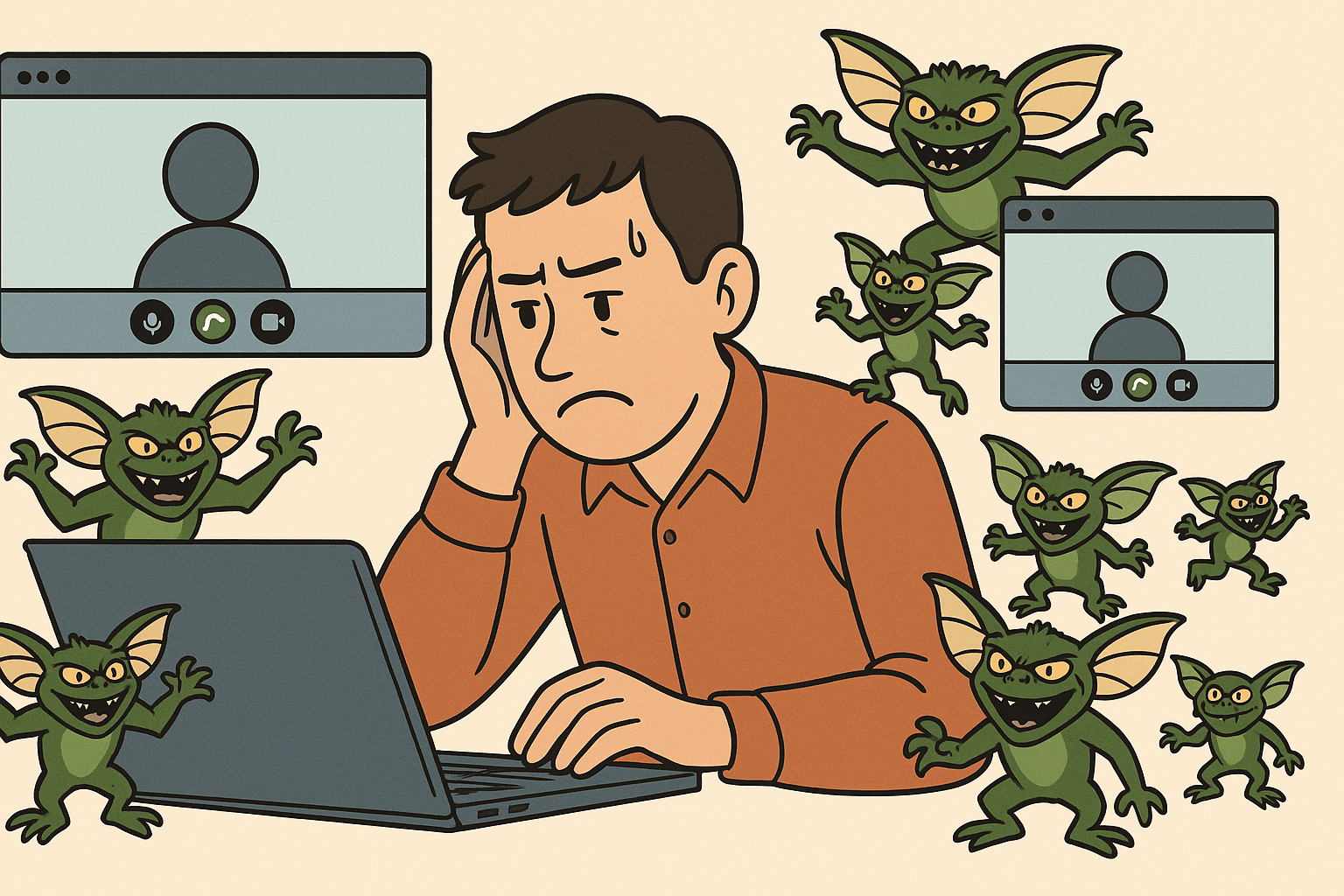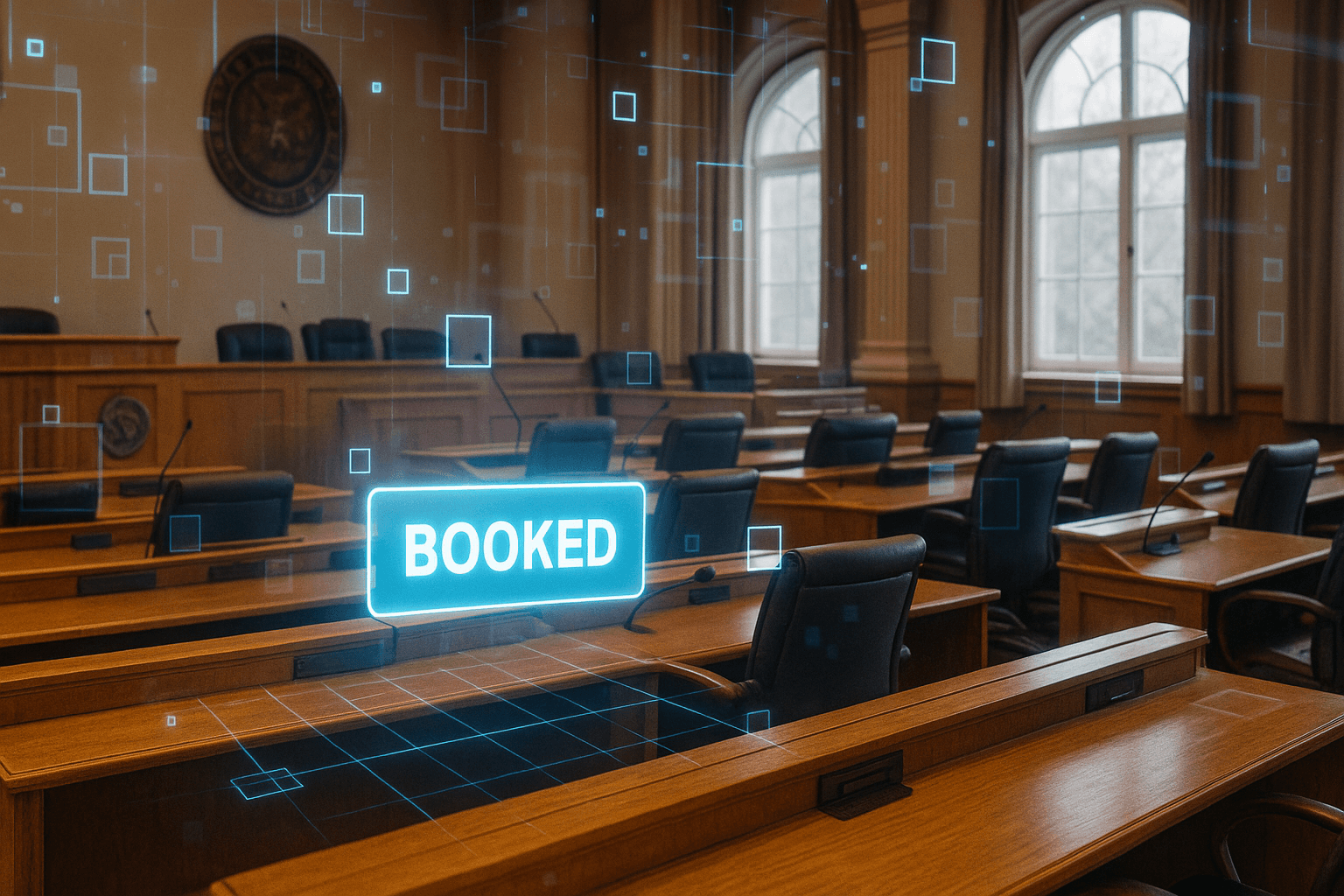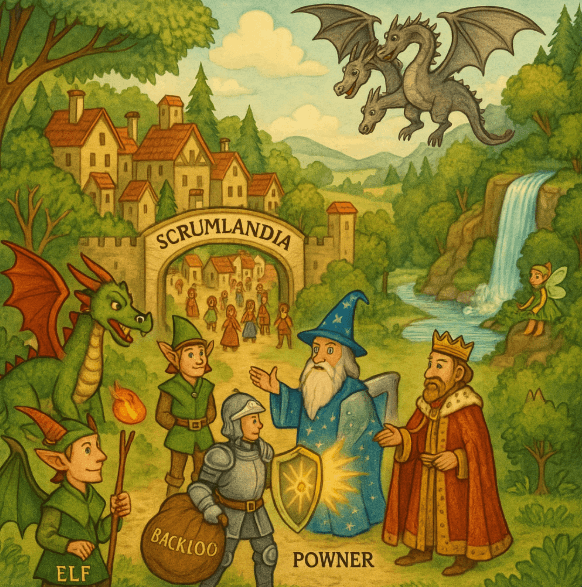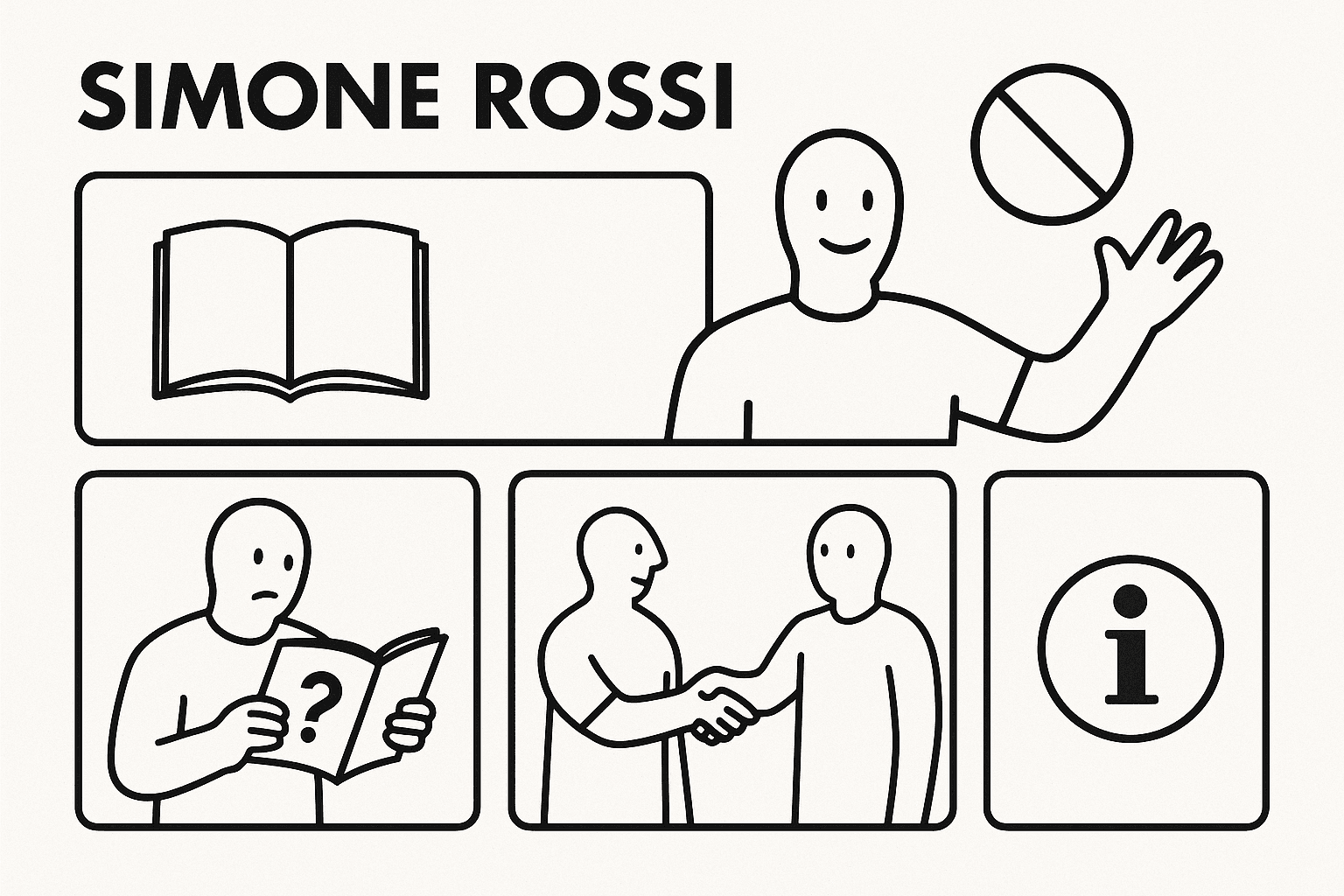The Importance of Efficient Calls
-
Simone Rossi
- 18 Apr, 2025
- 02 Mins read

Let’s get to the point: calls are not that bad.
Some of them are even great. I’ve had productive calls, enlightening calls, calls that actually helped me figure out what I wanted.
But calls are an instrument, and as such we must make the best use of them. they have their pros and cons, they have their field of application and limits.
It is not a good practice to schedule a 60-minute call to decide what we might want to talk about in the next meeting
Calendars with 7 back-to-back calls...
Meetings with 12 people and 2 who actually need to be there....
Agendas that say “Let’s just sync.”
Not everything deserves a call
Before you hit that “Schedule Meeting” button, ask yourself:
- Can I just write an email?
- Can I drop a message in WeTalk?
- Can I make a shared document in Drive and ask for async feedback?
- Can I search the thing on Google - or ask ChatGPT instead?
If the answer is yes to any of these, try to do that
When a call does make sense
There are times when a call is actually the only smart move.
Maybe we’re stuck and need live input to move forward, or the issue is complex enough that trying to explain it all over email would take longer than just talking it out. Sometimes we need that real-time back-and-forth to make a decision efficiently.
Other times, we’re in brainstorm mode and want that spontaneous spark you only get when ideas are bouncing off each other.
And of course, there are sensitive conversations, ones where tone and expression matter, and a written message just wouldn’t deliver it.
Best practices
Okay, so the call is happening. Cool. Let’s make it count:
- Have an agenda: “Just wanted to synch” isn’t a meeting
- Be present. Seems obvious, but sometimes it's not
- Invite the people who need to be there. Do not invite people “so they can listen"
- Start on time, and end on time
- Stick to the topic. If something new comes up, write it down and schedule something separate
- End with action items. If we hang up and nobody knows what to do next, that has been a valuable time loss
And duration matters. Use the method if you have to:
- 15 - 20 min → Operational / task related calls
- 30 - 45 min → Brainstorming session
- 60 - 90 min → Strategy deep-dive
All this is somehow written as well in our Culture Deck, in the session "Calendar": Topics, Call agenda and Required attendees
Remember Parkinson's law
"work expands so as to fill the time available for its completion"
So the duration of your call will expand to fill the time, even if the agenda could be covered more efficiently! This means a 60-minute meeting will likely last the full hour, even if the discussion could have been concluded in 30 minutes
So let’s treat calls like a tool, not a habit.
Let’s be intentional. Let’s be kind. Let’s remember that “Let’s hop on a quick call” is rarely quick.
And if you like, here are some statistics!
